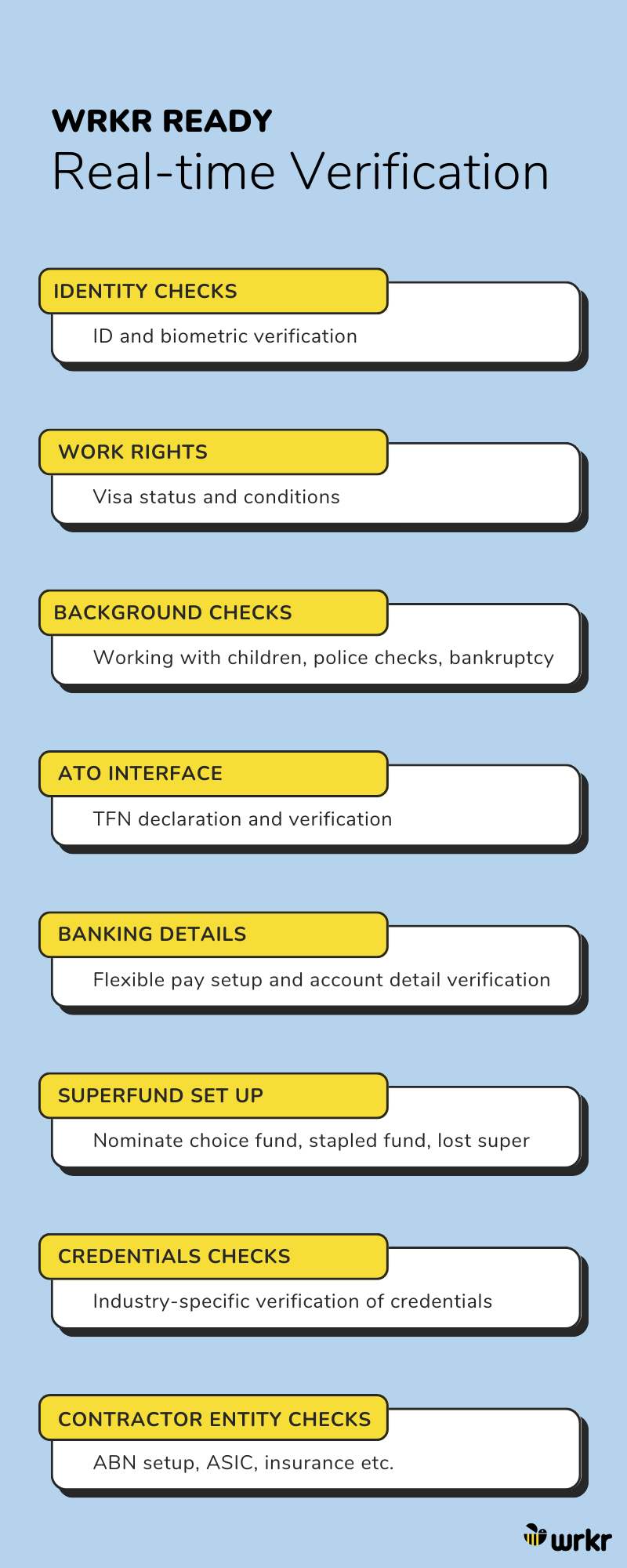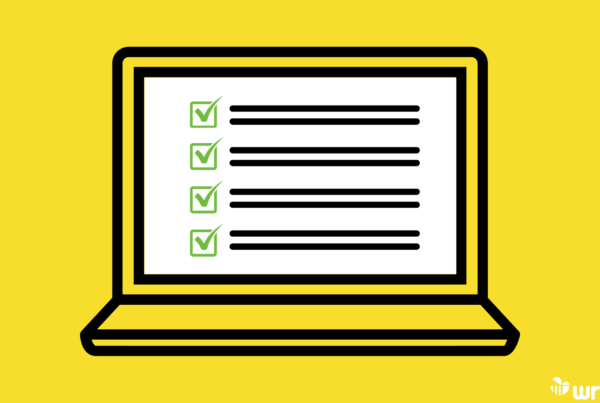
This blog post discusses the importance of remote onboarding, the obstacles organisations encounter, and the benefits of implementing employee onboarding solutions like Wrkr READY.
The rise of remote work has been a major trend in recent years, and the COVID-19 pandemic has only accelerated this shift. As organisations continue to navigate the new normal of remote work, they embark on a journey that can feel like a voyage to outer space. With employees scattered across the universe, ensuring everyone is on the same page and feels connected to the organisation’s mission, culture and business objectives can be challenging.
Just as astronauts rely on advanced technology and sophisticated systems to safely journey through the cosmos, organisations are turning to employee onboarding solutions to ensure that new employees are seamlessly integrated into their remote teams. These solutions act as a guidance system, providing employees with the information and resources they need to succeed in their roles and feel like they are a part of the company’s crew.
In this blog post, we will explore the importance of remote onboarding, the challenges organisations face in this brave new world, and the benefits of implementing employee onboarding solutions like Wrkr READY. So, buckle up and prepare for lift-off!
Challenges of traditional onboarding for remote employees
In the era of remote work, traditional onboarding methods are no longer as effective as they once were. Here we explore the different challenges of traditional onboarding.
1. Lack of face-to-face interaction
Traditional onboarding typically involves face-to-face interaction with HR and colleagues, which is impossible with remote employees. This lack of face-to-face interaction can make remote employees feel disconnected and disengaged from the company culture, leading to a higher turnover risk.
2. Communication challenges
Remote employees may find it challenging to communicate with their team members and colleagues, primarily if they are located in different time zones. Traditional onboarding may not provide enough guidance on communication tools and practices for remote employees.
3. Technology issues
Remote employees may face technology-related challenges during onboarding, such as accessing company systems and tools. This can result in delays and frustration for new hires.
4. Limited socialisation opportunities
Remote employees may feel isolated and disconnected from their team members and colleagues, particularly during onboarding. Traditional onboarding may not provide enough opportunities for remote employees to socialise and build relationships with their colleagues.
5. Compliance and legal issues
Traditional onboarding often involves completing compliance and legal paperwork in person, which is impossible with remote employees. This can create delays and compliance issues for remote employees.
Strategies for onboarding remote employees
Despite these challenges, there are strategies that organisations can use to onboard remote employees successfully. Here are some tips:
- Use technology: Utilise digital onboarding solutions like Wrkr READY, video conferencing tools like Google Meet, Zoom and other collaboration software like Slack to connect with new employees and ensure they have access to the tools they need to do their job.
- Develop a comprehensive onboarding plan: Create an onboarding plan with detailed information about the company’s culture, values, and expectations. This plan should also include specific training on the tools and processes the employee will use.
- Assign a mentor or buddy: Assign a mentor or buddy to the new employee who can help them navigate the company culture and answer any questions they may have.
- Set clear expectations: Communicate expectations about the new employee’s role, responsibilities, and performance goals. Provide regular feedback and check-ins to ensure they are meeting those expectations.
- Schedule regular check-ins: Schedule regular check-ins with the new employee to ensure they are adjusting well and have everything they need to be successful.
- Provide opportunities for socialisation: Encourage socialisation among team members by setting up virtual coffee breaks, team lunches, or happy hours. This will help remote employees feel like they are part of the team and reduce feelings of isolation.
- Make resources easily accessible: Provide new employees with essential resources, such as company policies, employee handbooks, and training materials. Make sure these resources are easily accessible and easy to understand.
How Wrkr READY can help you onboard remote employees
1. Onboarding Portal
Wrkr READY has a dedicated employee portal for onboarding to access the necessary paperwork and resources to start their new job remotely. The portal can include everything from employee handbooks to training videos, HR policies, and job-specific information. This virtual portal can be accessed by new employees from anywhere and at any time.
2. Remote document completion
HR teams can enable new employees to quickly complete and submit necessary paperwork through the Wrkr READY portal. This eliminates the need to print, scan, fax or email documents and ensures that all forms are completed accurately and promptly. Additionally, new employees have the flexibility to complete training and paperwork at their own pace and access the necessary information and resources from anywhere and on any device.
3. Electronic signatures
Wrkr READY also offers electronic signature capabilities. Remote employees can sign contracts and agreements electronically, speeding up the onboarding and ensuring that everything complies with legal regulations.
4. Customised workflows
Wrkr READY has a customisation feature for onboarding workflows, reducing the administrative burden on HR teams. This feature helps HR teams to create specific workflows based on the industry and business needs. Workflows can also be automated to ensure all tasks are completed on time, from sending out offer letters to setting up payroll and benefits.
5. Automated notifications
Wrkr READY send automated notifications to ensure remote employees complete the onboarding process and provide essential information on time. This can include notifications for upcoming credential renewals and reminders to complete required paperwork.
6. Real-time compliance checks
Wrkr READY offers real-time compliance checks to ensure remote employees meet all compliance requirements. This can include verifying employees have completed all training and have signed documents. Wrkr READY also ensures data entered by remote employees is accurate and up-to-date. This can help reduce errors and ensure all information is collected during onboarding.

Like any space mission, onboarding should be done with the right tools and solutions to overcome the unique challenges of remote work. By implementing effective onboarding strategies and utilising employee onboarding solutions like Wrkr READY, HR teams can help their new hires feel connected, supported, and empowered to reach new heights. With these strategies in place, they can boldly go where no onboarding process has gone before, creating solid and cohesive groups that can thrive in the ever-evolving world of remote work. To start your space mission with Wrkr READY, book a demo here.







